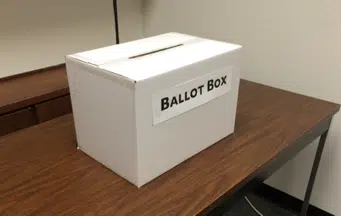
Hand-picked facts to support PR
KAMLOOPS — Mel Rothenburger attended a presentation by Dr. Denis Pilon of York University on the upcoming referendum on electoral reform. In reporting on the presentation, he uses innuendo to negate the positive picture painted, of proportional representation (PR) in contrast to first-past-the-post (FPTP), “preaching to the choir”, “frequent mimicry”, “mocking tone”, “found them (substance of his arguments) lacking”.
Rothenburger tries to undercut the positive experiences of the Scandinavian countries and others, including New Zealand, by inferring that they are not Canada.
What he doesn’t tell you is 5 facts about first-past-the-post.
1. FPTP represses the voices of around 50 per cent of voters in BC, this in contrast with countries such as Norway, Denmark, and Sweden, where over 90% of the votes cast go to electing a representative. With FPTP, non-NDP voters in NDP ridings might as well stay home on election day. Non-Liberal voters in Liberal ridings and non-Green voters in Green ridings might as well do the same. Under FPTP, their votes won’t count. Are you happy to perpetually sit on the sidelines?


